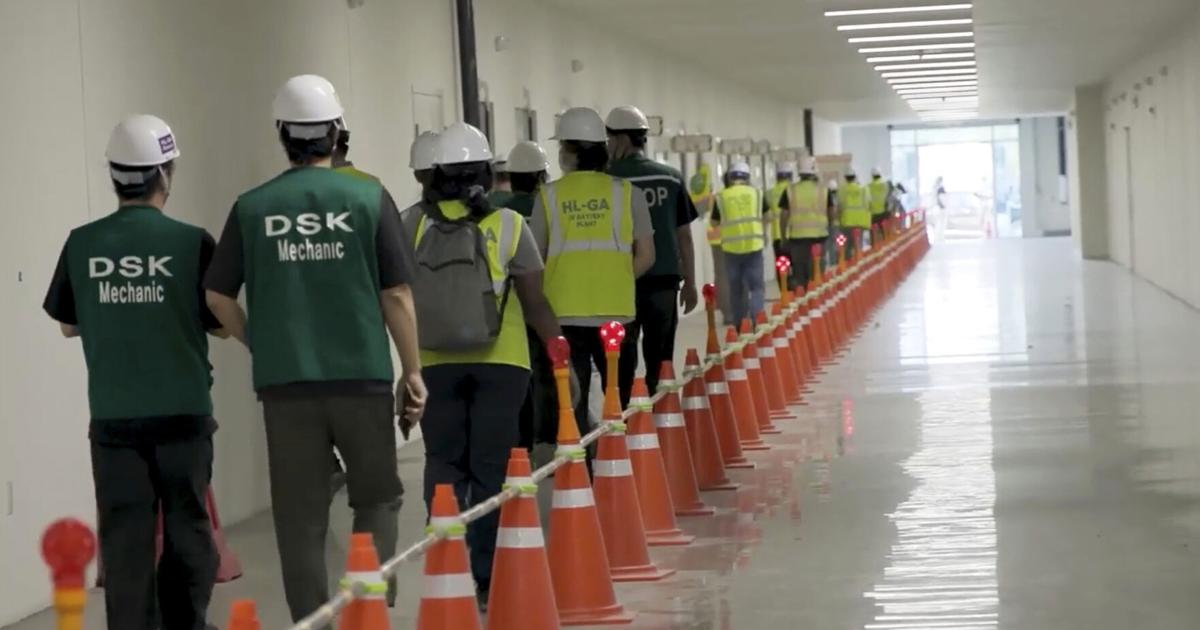
Concerns Over Sleep Deficits in Teens Highlighted in Montgomery County Town Hall
Recent discussions surrounding the sleep patterns of adolescents highlight a growing public health concern that is increasingly being brought to the forefront of educational policy discussions. During a town hall meeting hosted by the Montgomery County Council of PTAs (MCCPTA), experts called attention to the critical issue of sleep deprivation among high school and middle school students. The event, which attracted nearly 100 attendees, featured insights from prominent figures in psychology and education, including Amy Wolfson, a psychologist from Loyola University Maryland.
Professor Wolfson stated that the compounding effects of adolescents’ natural internal body clock changes, coupled with social pressures to stay awake later and early school start times, create an environment where teens are at significant risk for insufficient sleep. According to the Maryland 2022-2023 Youth Risk Behavior Survey, only 22.5% of high school students and 49.5% of middle school students reported getting the recommended eight or more hours of sleep, despite the need for adolescents aged 13 to 17 to achieve eight to ten hours for optimal health and academic performance.
The MCCPTA’s recent resolution advocating for Montgomery County Public Schools (MCPS) to adjust middle and high school start times to no earlier than 8:30 a.m. reflects an increasing shift in community sentiment regarding educational scheduling. Currently, high school classes begin at 7:45 a.m., while middle schools start at 8:15 a.m., and elementary schools have staggered start times between 9:00 a.m. and 9:25 a.m.
Wolfson elaborated on the significant consequences of sleep deprivation, citing data that links inadequate sleep to daytime sleepiness, diminished academic performance, emotional instability, increased impulsive behavior, and a higher likelihood of substance abuse. She emphasized that delaying school start times could not only mitigate these risks but also promote higher attendance rates and reduce tardiness, fostering a more conducive learning environment. “One study demonstrated that moving start times later resulted in four times fewer tardies and significant improvements in attendance rates, a pressing issue across the nation,” Wolfson noted.
In parallel, Lisa VanBuskirk, the Maryland chapter leader of the nonprofit organization Start School Later, highlighted successful changes in Anne Arundel County, where school start times were modified to foster better attendance and lower chronic absenteeism. State lawmakers are also examining a proposed bill that would mandate schools across Maryland to start no earlier than 8:00 a.m. for middle schools and 8:30 a.m. for high schools, although this move has faced opposition from the Montgomery County school board.
Despite the mounting evidence linking sleep with successful student outcomes, MCPS has expressed resistance to modifying start times, citing the complexities involved with transportation logistics and extracurricular activities. MCPS spokesperson Liliana López stated, “We appreciate the engagement of MCCPTA but are not currently considering changes to school start times.”
Sandra Landis, a leader of Start School Later in Montgomery County, expressed her commitment to a collaborative approach in addressing this issue, aiming to incorporate input from the entire community. “Our goal is not to impose a schedule on anyone but to collectively find a solution that works for our students,” Landis said.
As discussions continue and more stakeholders engage with this multifaceted issue, the potential for educational and health reforms to enhance the well-being of students remains a significant topic of interest in Montgomery County and beyond.


